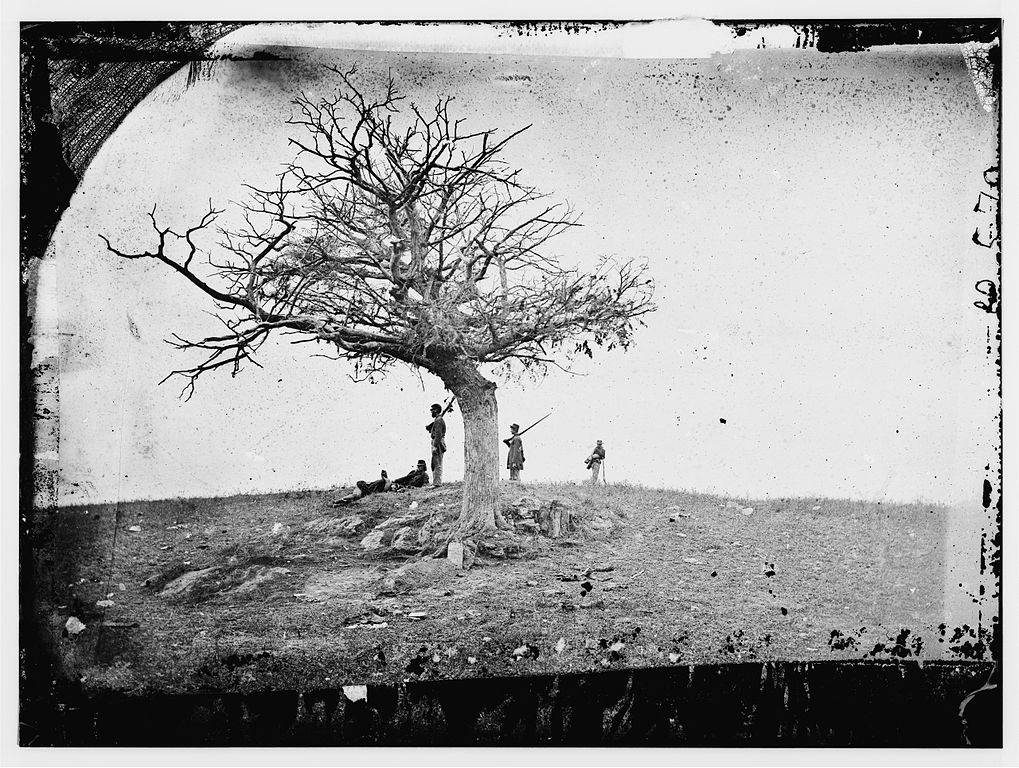Possibly, it will never be possible to imagine a world free from war. Possibly, the roots of war lie in our greed, our possessiveness, our egotistic pride, our urge to establish our supremacy over others, and our brute instincts. And particularly when our own country or the nation we have been trained to worship as an ‘idol’ is involved in war, it becomes exceedingly difficult to speak of the futility of war, the way it brutalizes us, or the damage it causes to our collective consciousness. No wonder, at the time of war, all alternative voices are suspected, stigmatized and condemned as potentially ‘anti-national’. Even the otherwise sensitive people might remind you that this is not the time to take a pacifist position, and express even the slightest ambiguity towards the kind of war your country is engaged in. We must support our country, condemn our enemies, remain united, celebrate our ‘victories’, and find immense pleasure in their ‘defeats’. This is not the time to plead for peace, love, universalism and shared humanity because the ‘enemy’ nation has attacked your country, and you must demonstrate your patriotism by defending your nation! This is the time to give a proper lesson to your enemies, keep the morale of your military force alive, and win…
In fact, recently, I was feeling somewhat uneasy when, after the ugly terrorist attack at Pahalgam in Jammu and Kashmir, the tension between India and Pakistan led to some kind of war. Now that there is ceasefire, and this war seems to have ended, I feel like reflecting on my loneliness. Yes, I felt lonely because I could not give my consent to the celebration of war. Well, I am neither an army General nor a diplomat. I am neither a politician nor a war strategist. They might give many arguments for the necessity of war at certain historic moments. Yet, even when there are ‘practical’ arguments in favour of war, it becomes exceedingly difficult for me to go by this heavy dose of nationalism, militarism and patriotism.
Trust me, the reduction of war into a video game or a television spectacle disturbed me. And the 24×7 live coverage of war on our television channels, and the simultaneous celebration of the damages we caused to our ‘enemy’ nation caused immense pain, psychic nervousness and anxiety. To me, it was almost like dancing with death, and celebrating our sadism: the joy in counting the number of drones, missiles and military bases destroyed, or people killed! It was like finding some sort of vicarious pleasure in seeing the wounded space of the ‘enemy’ nation—ruined buildings, broken parts of military weapons, mutilated bodies. The fact that Pakistani television channels do the same thing, and their official spokespersons speak the same language of violence and revenge do by no means reduce my pain, my anxiety and my helplessness. I find no virtue in imitating those whom you otherwise regard as your enemies.
Why is it that even after two devastating world wars, there is no sign of world peace? Be it Vietnam war or Gulf war, Russia-Ukraine war or Israel-Palestine war, why is it that our civilization chooses to remain sick, violent and intoxicated with death instincts?
But then, it was almost impossible to share the tales of my pain and loneliness even with my friends or close relatives. Think of it— I shared some deep insights of Rabindranath Tagore (particularly, the poet’s critique of hyper-nationalism, and his plea for universal love and solidarity) with one of my otherwise sensitive students; he replied immediately: “Sir, this is not the time to invoke Tagore and speak of peace. Now we must remain united, and defeat our enemy.”
I can’t share my state of consciousness with anybody. I remain silent. However, I begin to initiate a conversation with myself. There is no winner; everyone is a loser. War brutalizes our consciousness. The wound it causes does not heal easily. Think calmly. Ask yourself: Has war ever succeeded in solving any problem? Why is it that after a series of wars with Pakistan, Indo-Pak relationship remains tension –ridden? Why is it that war fails to eliminate cross-border terrorism? Why is it that even after two devastating world wars, there is no sign of world peace? Be it Vietnam war or Gulf war, Russia-Ukraine war or Israel-Palestine war, why is it that our civilization chooses to remain sick, violent and intoxicated with death instincts?
These are difficult questions. Possibly, in order to go deeper, we need to ask ourselves uncomfortable questions. And we love to avoid this sort of self-introspection.
For the time being, as we are told, this war has ended. I begin to laugh at the absurdity of the entire drama. We often feel proud of our civilizational heritage: Buddha, Kabir, Tagore, Gandhi… But then, this heritage, it seems, has been reduced into a mere a calendar art, or a museum artefact. Not surprisingly then, we needed a neoliberal techno-fascist like Donald Trump to teach us a couple of lessons on peace, and agree with the proposal of ceasefire!
Avijit Pathak writes on culture and education.


